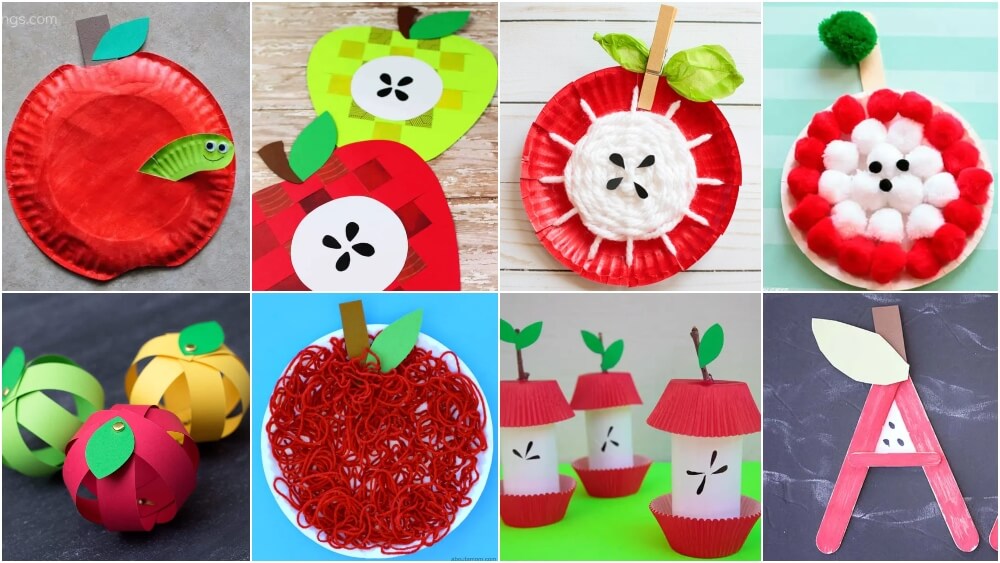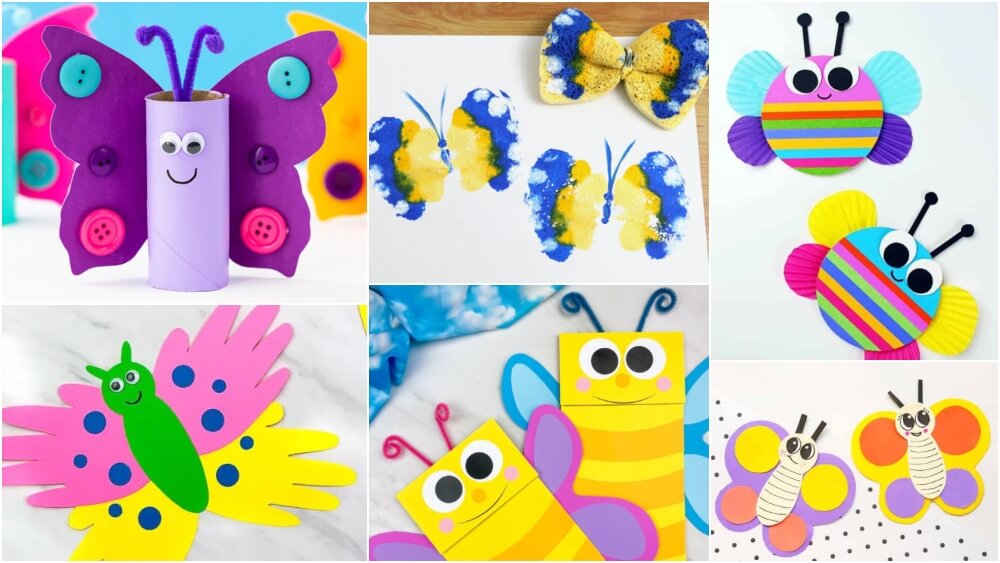Help Your Child to Build High Self-Esteem

What we think, feel, and believe about ourselves is a measure of our self-esteem. The development of self-esteem in children is crucial because it increases the likelihood that they will become resilient in the face of challenges. From the time we are infants, our sense of self-worth is developed by the body language of others around us, including eye contact, cuddles, lullabies, positive replies, and vocal interactions. Between the ages of 3 and 4, girls and boys begin to form self-perceptions depending on what their parents tell them. Self-confidence is developed at this age and will last the rest of their lives. For example, children shouted at and reprimanded feel unimportant, whereas those who are talked to and shown affection feel appreciated.
Parents and other caregivers must provide secure situations that support self-esteem growth. Children often cease relying on their families at six and begin to depend more and more on others to help them develop their social skills. We must give our kids a place where they may interact with people, bargain, feel at ease expressing their emotions, and do so without fear of being judged. In addition, it’s essential to provide youngsters the chance to develop autonomy by giving them jobs and responsibilities they can do independently and where parents will supervise. For instance, setting the table, sorting and folding the laundry, organizing the pantry, making their bed, assisting with meal preparation, caring for a pet, removing the trash, tending to the plants, etc.
Each child is unique. Some kids can find it simpler to develop self-esteem than others. Some children also experience challenges that may affect their self-esteem. However, a child’s self-esteem may be improved, even if it is poor.
To encourage their kids to feel good about themselves, parents can do the following:
Give your youngster praise, but use discretion.
Of course, giving kids praise is beneficial. Your compliments are a means of expressing your pride. However, specific methods of complimenting children may backfire.
Limit your praise.
Unearned compliments don’t ring as sincere. For instance, it seems hollow and artificial to tell a youngster that they played an excellent game when they know they didn’t. Better would be to remark, “I recognize it wasn’t your finest performance, but everyone has bad days. You persevered, and for that, I applaud you.” Vote of confidence: “You’ll be back on your game tomorrow.” laud the effort. Do not limit praise to performance or set attributes.
Don’t criticize harshly.
Children’s self-perceptions are quickly influenced by the messages they get about themselves from others. Instead of inspiring, harsh remarks are debilitating. Children’s self-esteem is damaged when they get unfavorable messages about themselves. Correct your children patiently. Be certain about what you want your child to do going forward. Show them how when necessary. Remaining composed and expressing how the undesirable conduct makes us feel, for instance, “I feel furious that you scraped the table because I have to spend time cleaning it,” are other suggestions that help correct and teach in a good way. The goal is for kids to develop a good self-image without negative words. It should be evident that you are talking about his actions rather than his personal qualities. A person may be subservient or rebellious when he doesn’t respect himself. Both females and boys will want to stand out by misbehaving.
Encourage your youngster to develop new skills.
Children may learn new things at any age. For example, trying to hold a glass or take your first steps may make you feel accomplished and happy, even when you’re a newborn. As your child matures, opportunities for self-esteem development include learning to read, ride a bike, or put on clothes.
Show and assist children at first while instructing them on how to perform anything.
Then, even though they make mistakes, let them do what they can. Make sure your youngster has the opportunity to learn, try new things, and feel proud. Don’t make new problems too simple or complex.
Set a good example.
When you put effort into daily tasks like raking leaves, cooking meals, clearing the table, or washing the car, you are setting a good example for your children. Your kid learns to put effort into making the bed, finishing their homework, and picking up their toys. The appropriate attitude may also be modeled. When you do duties pleasantly (or at the very least without whining), you are modeling how to do so for your youngster. You may encourage your child to do this by not hurrying through duties and taking satisfaction in a well-done job.
Let youngsters contribute and assist when children learn that what they accomplish matters to others and their self-esteem increases.
For example, children can assist around the house, complete a community service project at school, or help a sibling. Self-esteem and other positive emotions are enhanced by helping and being friendly.
Consider your advantages.
Pay close attention to your child’s strengths and interests. Make sure your child gets the opportunity to grow in these areas. If you want to make youngsters feel good about themselves, put more emphasis on their strengths than their faults. This enhances conduct as well.
Teach Empathy to your Child.
It’s crucial to have a conversation about feelings and emotions with kids. Never categorize their emotions as good or evil; instead, demonstrate to them that all of their feelings are legitimate. Because they let us express ourselves and understand who we are, all emotions are important. As a result, we can encourage our kids to have more empathy and understanding to put themselves in other people’s shoes. They will develop strong self-esteem, as a result, feel good about themselves, and develop strong social skills that inspire them to strive for the welfare of society.
Encourage tenacity.
Perseverance & success always go hand in hand. By teaching your child to persevere, you are demonstrating effective behavior. When they persevere through a challenging assignment without giving up, compliment them. One way to help your children is to set a good example for them. Show what it means to persist and to have a good outlook.
Offer your youngster options.
It’s challenging to have self-esteem when you do not have enough control over your life. Give your child options to foster self-control and the capacity to believe in their judgment. For example, giving them two lunch options or letting them pick their attire for school, even if it’s a little mismatched, can accomplish this.
Self-care is important.
Taking good care of oneself demonstrates to your children your importance and self-worth. They’ll think they’re significant and ought to look out for themselves. You may show your child by example how to put oneself first. A youngster with a high sense of self is happier and more self-assured. Since we only want the best for our kids, we must guide them in this direction. Our children’s future can be significantly impacted by what we do at home. Children who learn to love, cherish, and believe in themselves will prosper in all aspects of their lives.
Any opportunity for children to try, do, and learn can develop their self-esteem. Children may experience this:
- Make strides in the direction of a goal,
- Study things in school, make friends, get along, and pick up new abilities such as music, sports, art, cooking, and IT skills.
- Practice your preferred pastimes
- Be nice, provide, or assist.
- Receive compliments for your efforts
- Try their hardest, engage in activities they like and are good at, feel included by others, and receive accolades or grades they can be proud of.






Responses